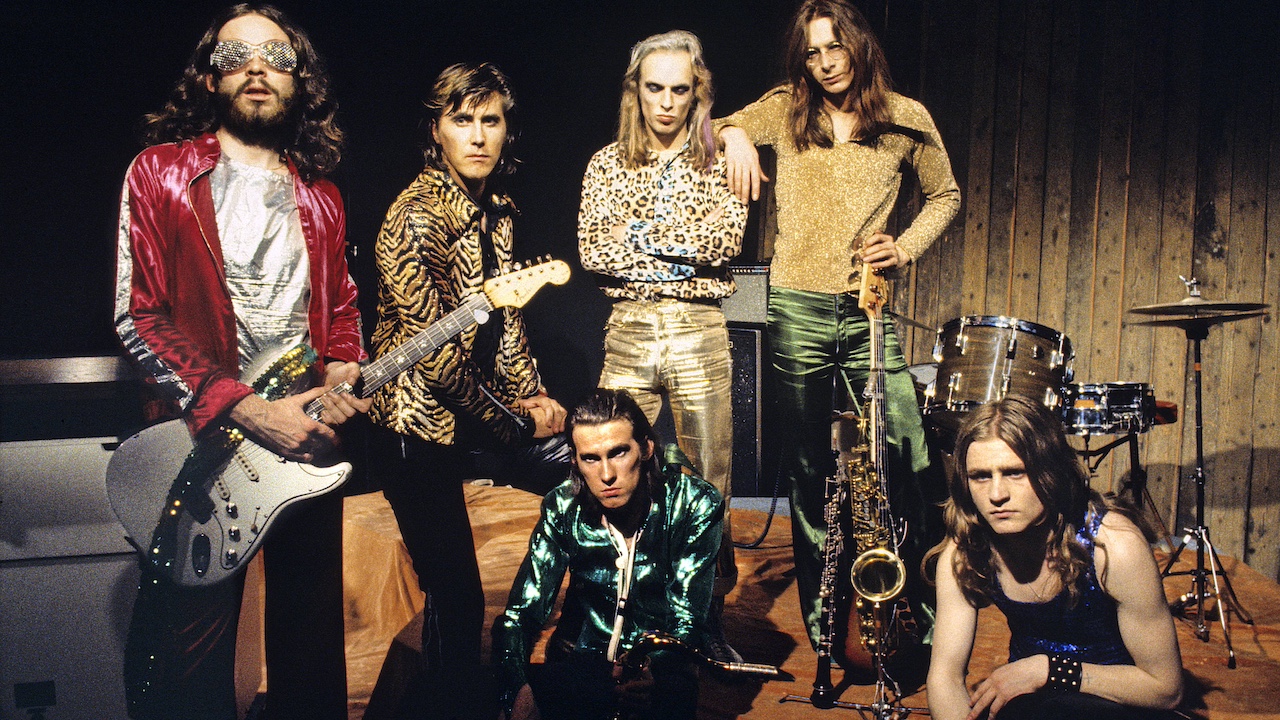Roxy Music helped reinvent what rock’n’roll could be in the 70s, a debonair bunch who were both experimental and poppy, suave and chaotic, glam-rock progenitors whose 50th anniversary shows a couple of years showed that they’d lost none of their trademark swagger despite their advancing years. Speaking to The New Cue ahead of those shows in 2022, guitarist Phil Manzanera looked back to their early days and said he knew as soon as he met his future bandmates that they were onto something.
“It was very exciting and great fun,” Manzanera said. “I knew that these guys, Bryan Ferry and Brian Eno and Andy Mackay and Paul Thompson were special. I just knew. I had spent all my teenage time, when I came from South America to London at the beginning of the 60s, getting involved in pop music, rock music and The Beatles and Stones and Hendrix and every iteration that happened in the psychedelic 60s, I was there, early Pink Floyd, early Soft Machine, I was into all these things so I recognised when I met these guys that they were something special.”
The first time that any of the band had been in the studio, Manzanera explained, was to make their self-titled debut, an album that would go on to define an era. “We called ourselves ‘inspired amateurs’ because basically we thought, ‘let’s try and get better, no-one will notice while we’re trying to get better’.”
It didn’t pan out that way, though. “Suddenly, the thing was a big hit so we had to do six or eight tours immediately to get trained up in how to play properly. But it was very, very exciting and great fun.”
The day that Roxy Music was released, Manzanera recalled, the band were supporting David Bowie in south London. The date was 16 June, 1972 and Bowie also had an album out that day. It was called Ziggy Stardust And The Spiders From Mars. “We never discussed what clothes we were going to wear, in those days you didn’t have a stylist or anything, so the first time we each saw what we were going to wear was in the dressing room before we went on stage, so imagine the Greyhound pub in Croydon and we’re the support band for Bowie,” Manzanera laughed. “It’s a tiny pub, it must have been about 50 people. David used to say, “if I had a quid for everyone who said they were there, I’d be a millionaire.” I’d say, “well, you probably are a millionaire but let’s skip that,” and we’d laugh. But backstage I’ve got this visual of Eno coming in with what he’s going to wear in a suit bag, he’d say, “right, what are you wearing?” and I’d say, “No, you show me,” and he’d get out this thing and it’s got feathers and all this sort of stuff, I’m going, ‘oh my god!’ and then he’d say, “what are you wearing?” and I’d get out an armadillo outfit, the outfits on the second album. He’d be going, “who made that?!” That was the first time we’d see each other’s stuff, it was wonderful, a lot of fun, a lot of laughter.”
Given Bowie had been toiling for success for a few years, Manzanera wondered what he made of Roxy’s fast-track to the top. “There was a lot of bands saying, ‘Oh, they haven’t paid their dues, where the fuck did they come from?!’. Even Bowie must have thought, ‘hang on, I’m on album four or five, these guys have appeared out of nowhere, fully-formed, how did that happen?!’.” Luckily for them, Bowie had his own superstardom to concentrate on...

